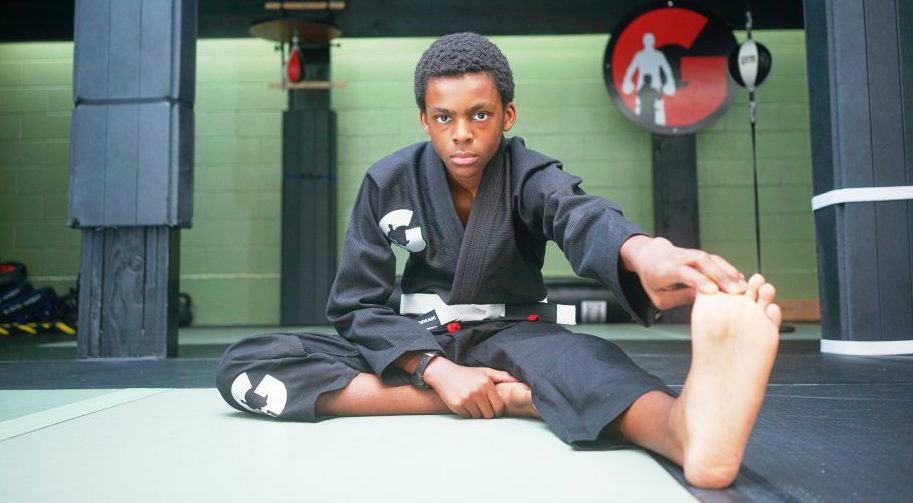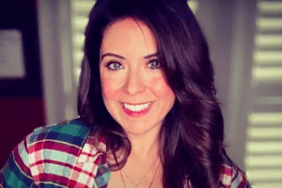It was a confluence of things that made Guardian Gym come together. One was that I was doing the Big Brothers Big Sisters program. As much as I really loved that program, it was difficult to commit to volunteering for it. You work, you’re a busy professional, you may have one or two actual free days a week at the most. When you have to give those up to do something with someone you don’t share a common interest with, it can be arduous. My “little brother” didn’t have an interest in boxing or jiu jitsu or some of the things that I was really interested in. He wanted to go rollerblading. I would think, “Wouldn’t it be cool if he liked to do the same things I liked to do and we could have this more natural mentorship through a shared interest?”
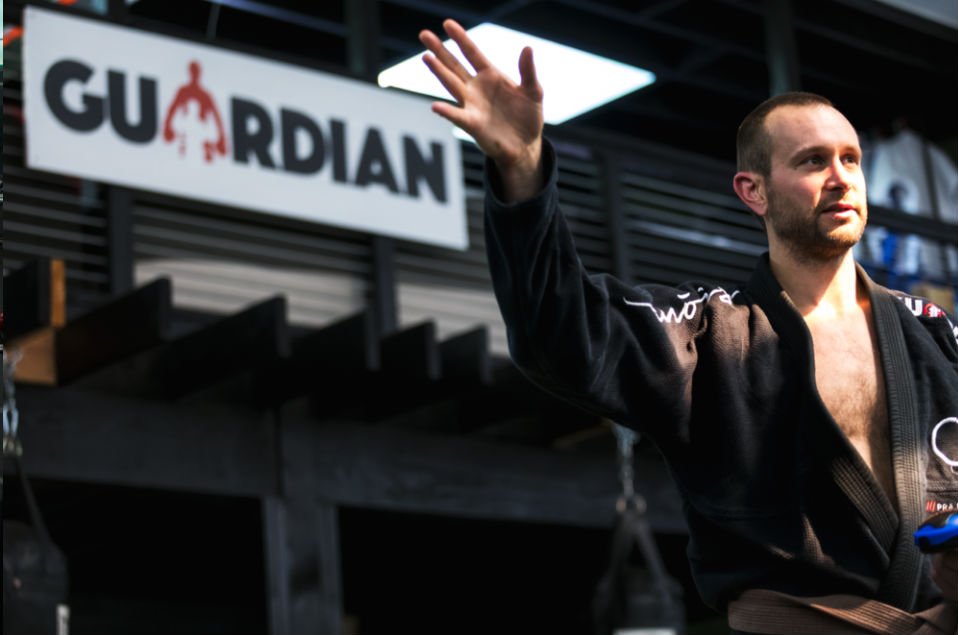
Then I was talking to a couple of friends who were pretty middle-class people. She worked at UC Berkeley. He was a construction contractor. I was like, “When are you going to get your 5-year-old twin daughters into jiu jitsu?” They were like, “We can’t afford it. We have soccer. We have swimming. There’s no money left over for jiu jitsu.” I was like, “Oh my God. If these people can’t afford it, that means nobody can afford it, right?” It’s not just a poor, below-the-poverty-line thing. This is something even middle-class families can’t afford. It’s becoming such an elitist sport.
Those two things came together and I thought: Wouldn’t it be great if there was a place where parents could bring their kids, regardless of financial limitations, mentors could mentor kids with a shared interest where they didn’t have to go out of their way to volunteer. That was how the idea was born.
It was 2014 when all the pieces started coming together. I was working at Twitter and shared my idea with one of the Twitter executives at the time, Joel Lunenfeld. He was into boxing and I was into jiu jitsu. He thought it was a really great idea. He came back to me a month later and said, “I’ll join you in this idea.” Who knows if it would have gotten off the ground if I wouldn’t have gotten that partner.
Initially, we funded it completely out of our own pockets. We put about $110K of our own money. Joel put in the majority of it. It gave us an operating account to start from. We found a space in Oakland that was pre-outfitted. It already had mats, some bags. We were close to a BART station, which is our subway. We were in walking distance to a lot of schools. It was a space that kids could actually access after school.
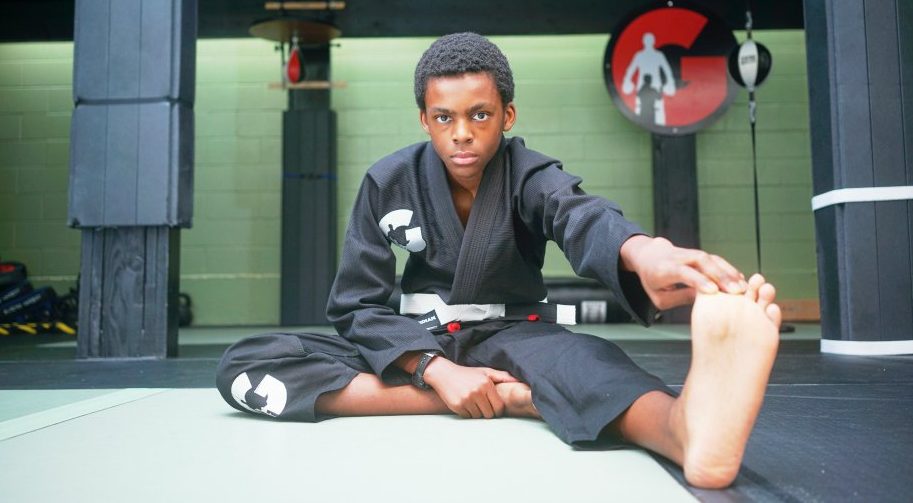
We opened the doors in December of 2015. I went school to school, knocking on doors, trying to talk to the principals, guidance counselors, trying to get anyone to come into the gym that would give us a chance. It slowly grew. The first three or four months, we didn’t have any real big-name instructors, any reputation. It wasn’t the grand opening or the wait list of students that you might hope for when you open a gym. We really had to plod through that first 10 or 20 core students. Once we started to get people in there, it got easier to attract the next group. It took a good six to eight months, from the time we opened our doors, to get to the point where it wasn’t an embarrassing “Why are there only three people here today?” type of thing.
Today, we have 193 paying adult members and 150 kids that train for free.
Jiu jitsu and boxing are intense physical sports. There’s this false sense of confidence a lot of teenagers have. I had this as well. They’ve never really been tested in a real fight. They think that they’re tough. They all come in and think, “I want to be able to beat up my friends” or “I want to be able to fight in the UFC.” When they come into the class, they quickly realize they’re not ready for that level. It brings them back to reality when they realize, “I need to put in the work. I need to hone my skills here. I don’t need to go out and pick a fight on the street because I’m getting tapped out by someone 40 pounds smaller than me and four years younger than me.” It’s a great experience for the kids. Their mindset shifts. They build up a real confidence and they don’t want to fight outside of the gym. They truly want to defend themselves only if they have to. We haven’t had any kids who’ve gone out and gotten in a fight on the street or used their boxing or their jiu jitsu proactively or maliciously.
Physical exertion and confidence are two of the benefits of these classes. The third, and maybe the simplest and most overlooked benefit, is the friendships and the community that it builds for families and kids. A lot of these kids have that “I don’t want to go home after school” feeling. Having a safe space where they can come and hang out with positive people is really great. They have positive mentors and role models here. They come after school, get a snack, take their class, maybe have a healthy meal, stick around and do tutoring, or talk to their friends, get a shower. Jiu jitsu and boxing brings them into the space; that’s the draw, but it’s the community and that support system that makes them feel comfortable and keeps them coming back.
We knew that we wanted to create a sustainable revenue model. We didn’t want to just have a kids’ program and have to beg for money all the time, so we put a lot of focus into building a paid adults program. Adults can come and pick a membership level that works for their financial situation as well. That makes us a gym for the whole community. We fund about 75 percent of our monthly budget currently from our adult members, which means we can tell donors we’re paying for all of our administrative expenses and core operating costs with our adult memberships, so all of the money donated is truly going to fund the programs and services for our kids.
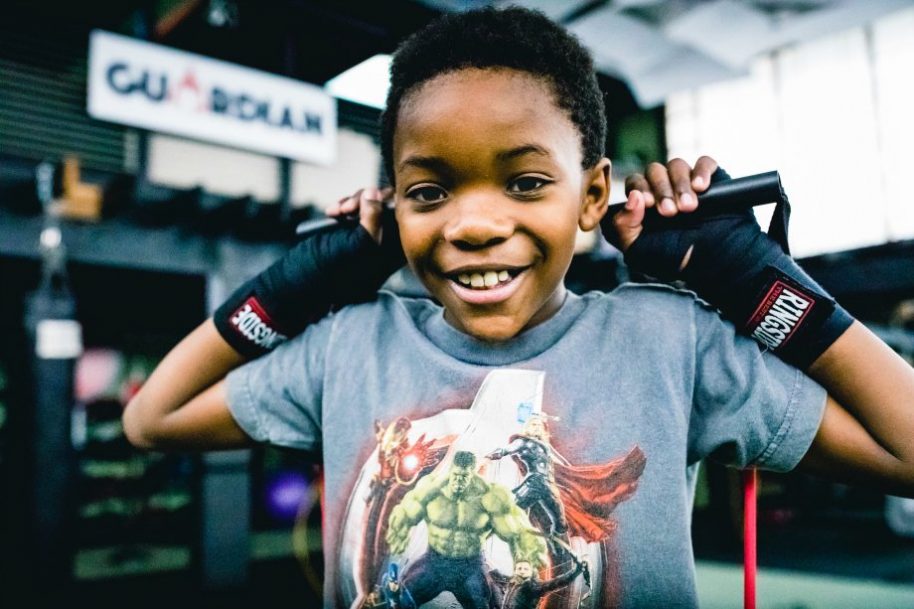
Our first space is only about 1,600 square feet. We’re sort of busting out at the seams of some of our peak classes and we’re getting to the point where we’re starting to turn people away, which obviously isn’t what we want to do, so we are opening a second location in nine to 15 months. That location will be about five times as big. It will have dedicated classrooms for the kids, study areas with desks, four showers, an outdoor area where they can grill out, an art room, potentially even a nap room or nap pods. If a kid needs to come from 3:30 to 10 p.m., they’re going to have everything that they need to get their school work done and be supported and be comfortable.
One of the things we’re trying to do is not build Guardian Gyms all over the world; we want to inspire people by letting them see that what we’ve done works and it can be done, even in one of the most expensive areas of the country.
It is extremely fulfilling to do this work. I have a family of my own. I have a one-year-old son. I often find that challenging to balance the two. I feel guilty when I’m not doing enough to move Guardian forward and I feel guilty when I’m spending too much time at Guardian. That’s the one challenge. Overall, it’s getting to the point where – and I think Twitter taught me this – it’s about building a great team around you and I think we’ve built a really amazing team of instructors and administrators and a great, diverse board of directors. The organization is finally starting to run itself and I’m able to step back from cleaning the mats and doing the day-to-day stuff and start to focus more on the higher-level priorities, which is really exciting.
Sometimes, I have to pull myself back from the Silicon Valley mindset of “How do we grow? How do we scale? How do we help even more kids?” I really get a kick out of seeing that one kid really smiling on the mat or that one kid come up and say, “Thank you for doing this. I love this place. It’s changed my life,” or “I got into college yesterday.” If it saves one kid’s life, or changes one kid’s life, it’s worth it. In the first few years, we’ve already seen multiple kids who fit that bill, for whom we’ve drastically changed the happiness level in their life, kids who haven’t committed suicide, kids who haven’t gone through depression. I think it’s really amazing.
Ben Kovacs is the co-founder and creative director of Guardian Gym.
